Dehydration plays a part in an array of problems to the body and skin. We all know the importance of drinking water… or do we?
Water is essential to life, we can live for days without food but no without water. It is crucial to maintain a healthy mind, body and transportation of nutrients in our internal tissues and fluids. Our ECM (Extra Cellular Matrix) are made up of fibres and gels and are effected through dehydration from aging, stress and injury.
The hydration of Fascia is crucial to its health and responsiveness. Fascia is the one thing that connects with every single system in the body, our bones, muscles, circulatory system, nervous system, lymphatic system, internal organs.. etc, etc. It is the complete biological fabric that supports and communicates with the internal and external body. The fact that it has only in recent history been recognized, considering the intricate and astounding part it plays in mental, physical and emotional heath, is a mystery.
Fascia is an interwoven network of fibrous proteins that act as an internal body suit. Look at it like this, fascia is the surrounding tissue that cushions vertebra, protect and supports internal organs, that form not only like fine web but also thick strong tendons and ligaments. It is formed very much like the membrane of an orange segment that holds the soft juicy fruit within its segment but also connects to the other segments and to the inside of the peel. When you peel the rind it will not pull on a singular segment but all and create a tension internally, exactly as fascia responds in the human body. In fact fascia is an extremely hyper sensitive, communicative sensory tissue and guess what it is dependent on?… hydration!
Hydration effects:
- The brain
- The Skin
- Blood & Lymphatics
- Digestive System
- Joints
- Body Temperature
- Mental Clarity
- Electrolytes & Minerals
To name a few, pretty much everything!
Signs of dehydration:
- Dark yellow urine (pale urine is healthy)
- Constipation
- Tiredness
- Congested skin
- Hunger
- Mood swings
- Hormonal imbalances
- Back ache
- Joint Problems
- Headaches
Water is lost through perspiration, breathing, coughing, sneezing, menstruating, going to the loo as well as the strains and stresses placed on fascia. Dehydration can be caused by stress, coffee, alcohol, trauma, acidic diet. It isn’t just about water, you can drink lots of water and still be dehydrated within the Fascia. The body also needs a delicate balance of minerals, electrolytes and essential fatty acids to transport water where you need it. Think of dehydrated fascia like a natural sponge not being immersed in water, it will be dry and brittle, once it is hydrated it expands and softens.
Water needs to cross the cell membranes for optimal health and vitality. As we age the water inside the cells tends to decrease while water outside the cells tends to accumulate. Adding an electrolyte formula can aid with the transfer of water from extracellular to being intracellular.
The key to hydration is to not over drink water, the kidneys can only deal with so much – the usual up to 8 glasses a day is fine. Some people just don’t feel thirsty enough to drink, our brains signal thirst when the fluid levels are low or salt levels become to high, ignoring the urge to drink will encourage the body to adapt to a state of dehydration and the desire to drink recedes. It is important to reactivate thirst and reawaken the urge to hydrate.
In my clinic I always give water with and recommend:
Energetics Rehydration: a homeopathic drainage and tonification blended remedy for dehydration and the symptoms associated with fluid imbalances, 15 drops in a litre of water, an easy way to increase hydration.
SpectraMin: a naturally occurring ionic trace mineral complex that is ‘concentrated’ seawater that may be recommended for normalising pH, electrolyte levels, and proper mineral balance. (Both Rehydration & Spectramin are only available through professional practitioners)
The Bowen Technique is an amazing treatment to hydrate soft tissue that is dehydrated from the effects of stress and injury.
Read more

This post covers most sports injuries but I am focusing on those sustained in Boxing. I have many friends and acquaintances who box as well as frequenting York Hall in my youth and I have to say i...

So what actually happens to our skin when we sleep? I wrote a post on the importance of sleep and some tips for a healthy nights sleep but I wanted to also elaborate on what happens to the skin du...



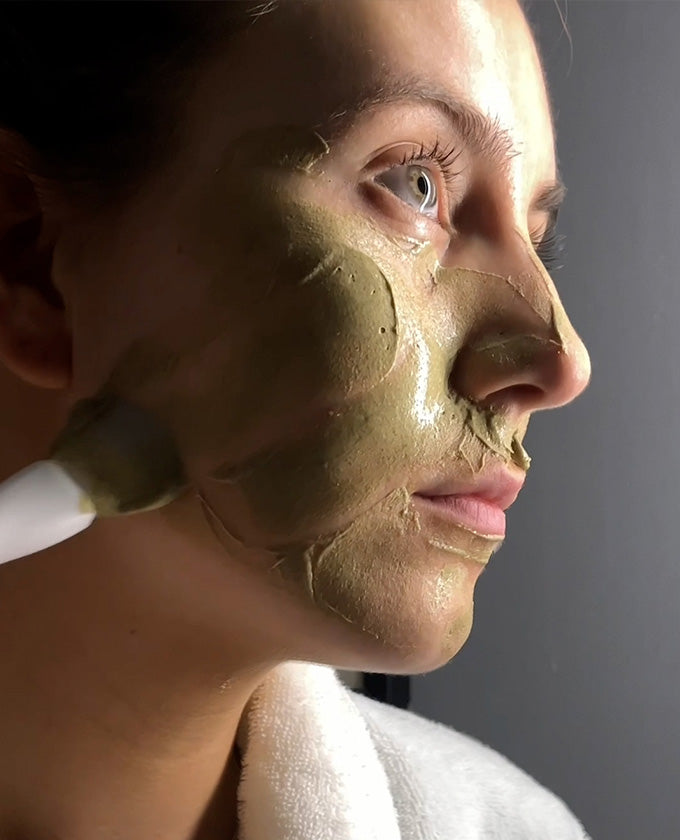
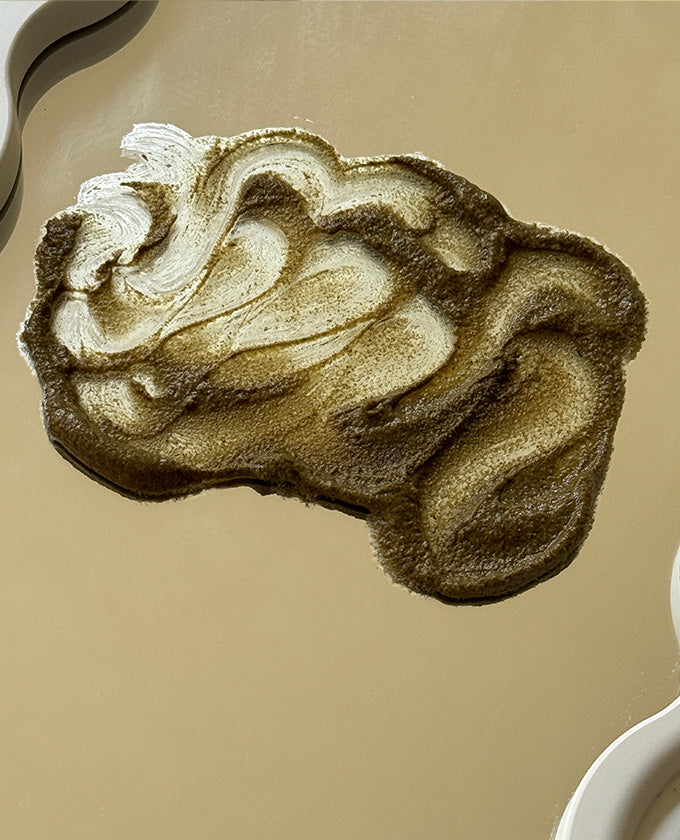


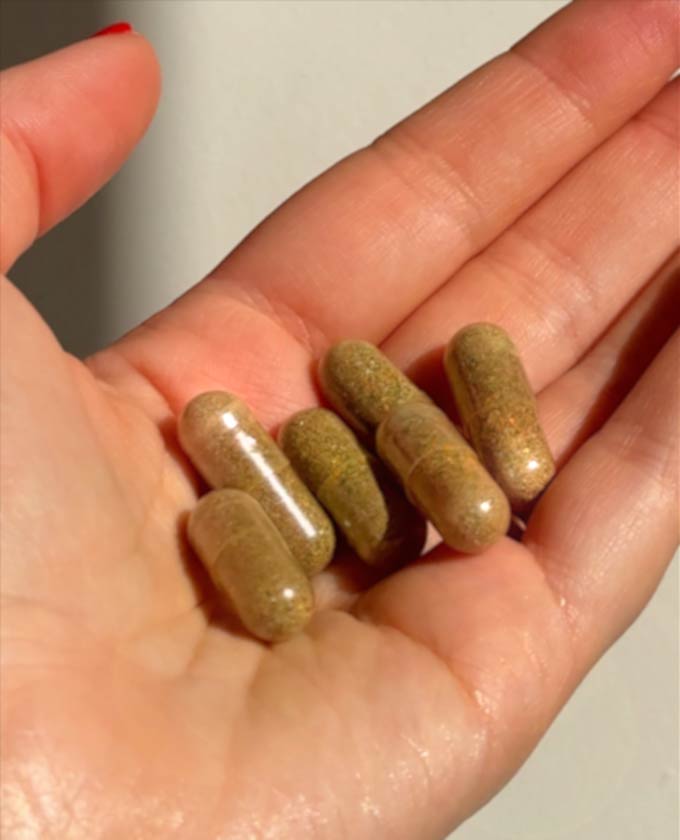


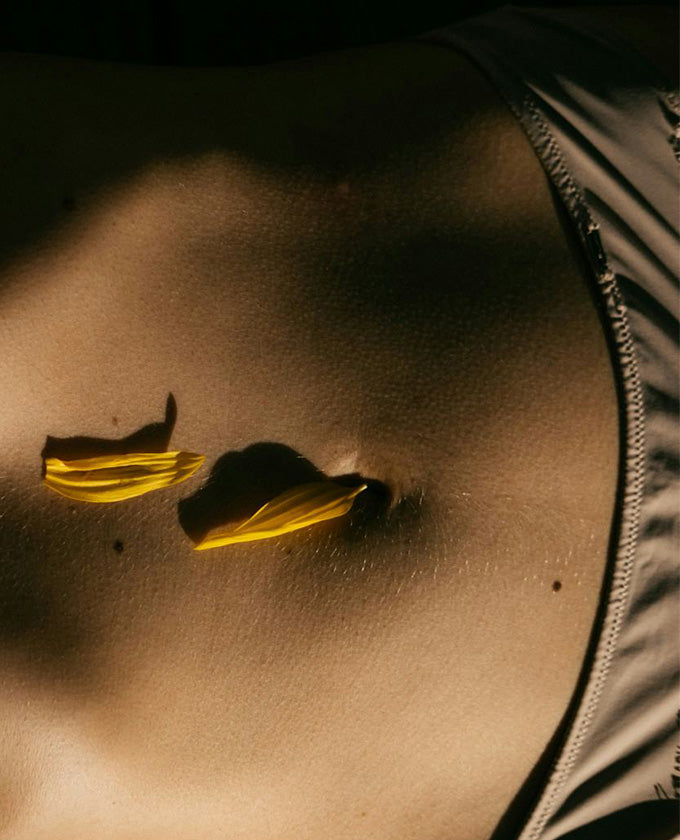



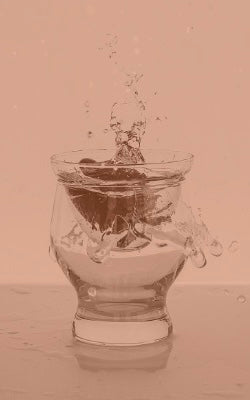
Leave a comment
All comments are moderated before being published.
This site is protected by hCaptcha and the hCaptcha Privacy Policy and Terms of Service apply.